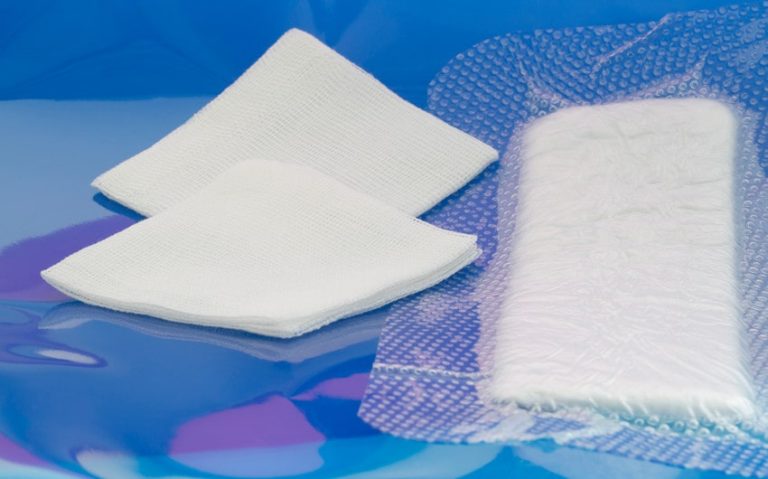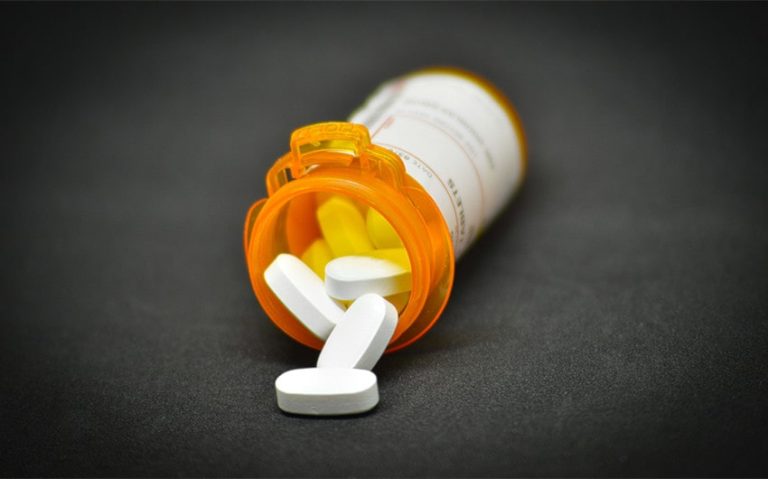In the field of addiction recovery, Medication-Assisted Treatment (MAT) is regarded as a vital component. It integrates medications with therapy and counseling, offering a holistic approach to rehabilitation. This treatment method addresses both the physical and psychological aspects of addiction, bringing hope and progress to those on the recovery journey.
Understanding Medication-Assisted Treatment
Medication-assisted treatment provided by facilities like Clinic Les Alpes combines the use of medication with counseling and behavioral therapies to treat substance use disorders. It is especially effective in managing withdrawal symptoms and cravings, allowing individuals to focus on their recovery and make essential lifestyle changes. MAT is used for the treatment of opioid dependence as well as alcohol and tobacco addictions, offering a path toward lasting recovery.
Benefits of MAT
One of the key benefits of MAT is its comprehensive approach. Beyond alleviating withdrawal symptoms, it helps stabilize brain chemistry, allowing individuals to regain control of their lives. The medications used in MAT block the effects of substances, reducing the temptation to return to previous habits. Furthermore, MAT promotes increased patient engagement in their treatment plans, which enhances the likelihood of successful recovery outcomes.
Debunking Myths Around MAT
Although MAT has been proven effective in treating addiction, there are common misconceptions surrounding it. Some people mistakenly believe that using medications in this approach merely replaces one addiction with another.
However, the medications used in MAT are carefully monitored and prescribed in controlled doses to support recovery, not perpetuate addiction. It is crucial to educate the public and dispel these myths, presenting MAT as an evidence-based treatment option that helps individuals heal.
Integration of Counseling and Behavioral Therapies
Counseling and behavioral therapies are integral components of MAT. These therapies focus on addressing the underlying issues that contribute to addiction. Through individual and group therapy sessions, individuals in recovery engage in self-reflection, develop coping strategies, and work on rebuilding relationships. Therapy enhances the effectiveness of MAT by addressing the emotional and behavioral aspects of addiction.
Tailoring Treatment to Individual Needs
Each individual’s journey through addiction and recovery is unique. MAT recognizes this diversity by offering personalized treatment plans. Healthcare providers assess the specific needs and circumstances of each person, creating MAT programs that account for their substance use history, personal background, and any co-occurring disorders. This individualized approach increases the chances of success in recovery.
Addressing Co-Occurring Disorders
For individuals dealing with both addiction and mental health challenges, rehabilitation can be especially complex. MAT is particularly effective in addressing co-occurring disorders by treating both issues simultaneously. The medications used in MAT can help stabilize mood disorders, improving overall mental well-being. This dual approach acknowledges the connection between addiction and mental health, increasing the likelihood of successful recovery.
The Importance of Supportive Environments
A supportive environment is essential to the success of MAT. When surrounded by caring family members, friends, and a positive community, individuals are more likely to stay committed to their recovery. Family therapy sessions and participation in community-based support groups further reinforce the lessons learned in treatment, offering encouragement and guidance throughout the recovery process.
Challenges and Considerations
Despite its benefits, implementing MAT comes with challenges. Ensuring access to high-quality care and effectively balancing medication with therapy are important considerations. It is crucial to provide individuals with access to healthcare professionals and support networks to ensure they receive the necessary guidance throughout their recovery journey.
Looking Ahead
As ongoing research continues to demonstrate the effectiveness of MAT, its role in rehabilitation is expected to grow. Advances in medication and therapy techniques offer the potential for even greater success rates. With increasing awareness and acceptance of MAT, its use is likely to expand, offering hope to more individuals struggling with addiction.
Final Thoughts
Medication-assisted treatment, which integrates medication with therapy and counseling, offers hope to those recovering from addiction by addressing the complex nature of substance use disorders.
Despite challenges, the growing acceptance and progress in MAT hold promise for the future of addiction recovery. Through support, education, and understanding, communities can embrace this approach, paving the way for lasting transformation and healing for individuals seeking recovery.







